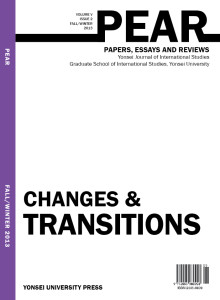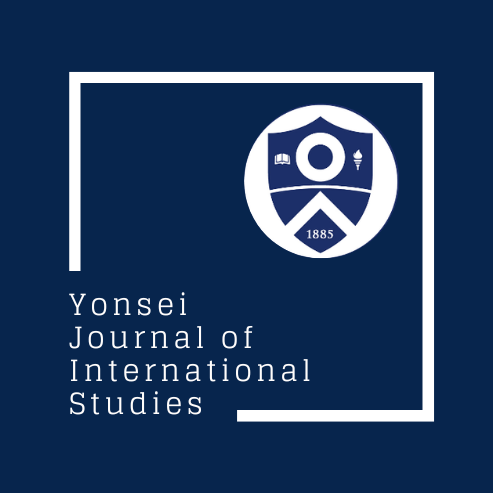Title: “Landscape as Political Project” – The “Greening” of North Korea, Sincerity or Otherwise? Investigating the Process of Ideological Incorporation in North Korea 
Author: Robert Winstanley-Chesters
Affiliation: University of Leeds
Issue: Changes & Transitions – Volume 5 Issue 2
Publisher: Yonsei University Press
Download as PDF
Environmental management and practical policy strategies relating to it have always been an important part of North Korea’s approach to what would be locally described as “revolutionary” industrial/economic development. However, since the collapse of the wider Soviet Bloc, and the famine period of the mid 1990s, it has been possible to determine a change in policies relating to the management of the natural world in North Korea. Pyongyang’s government and institutions have begun to respond to developing themes within the theory and policy of governments, strategists and theoreticians from the wider world inspired by concepts of “conservation” and “preservation,” derived from environmental or “green” movements. North Korea has sought to incorporate such governmental or strategic themes within its ideology—in ways that do not destabilize its own philosophical or governmental frameworks, but instead serve to strengthen them. Accordingly, projects within North Korea, whose focus is environmental management, have begun to resemble those of the wider world and in the closer East Asian neighborhood, but to what end: environmental rehabilitation or regime survival? This paper builds on previous research identifying historical narratives relating to environmental management within North Korea and the routes through which its institutions translate ideological or philosophical development into practical policy; it investigates the routes through which North Korea incorporates foreign or external ideas within its own theoretical construct—how these ideas and projects spurred by them are utilised for domestic and international propaganda needs. It seeks to evaluate if the sincerity or otherwise of such an incorporation can be established and ultimately whether this would prove useful in the development of analysis focused on construction or translation of theoretical development or institutional functionality within North Korea.
To read more click Page 2 below
